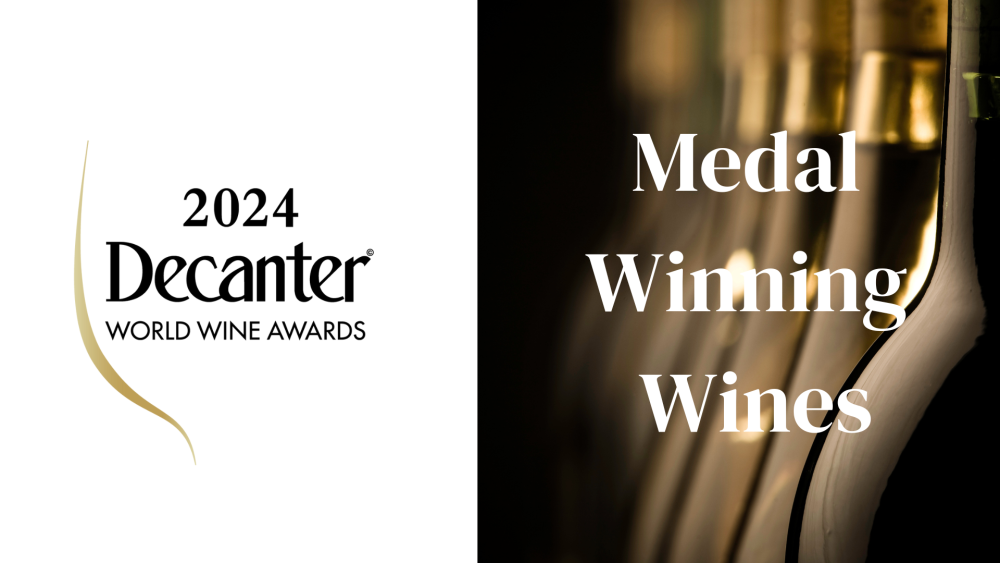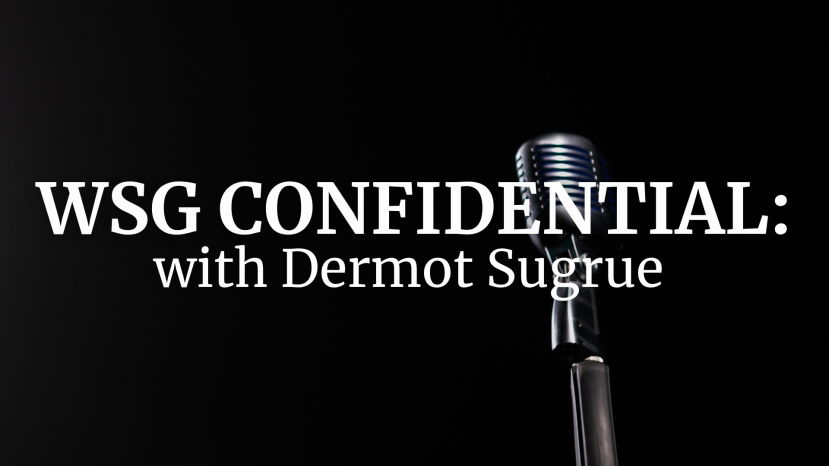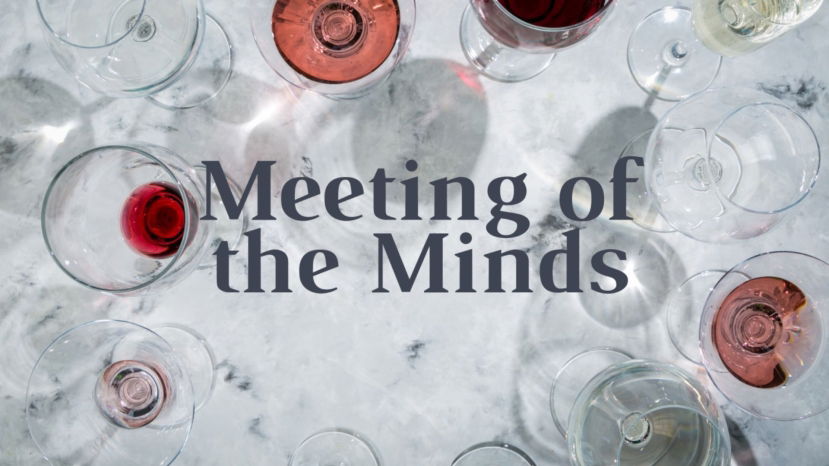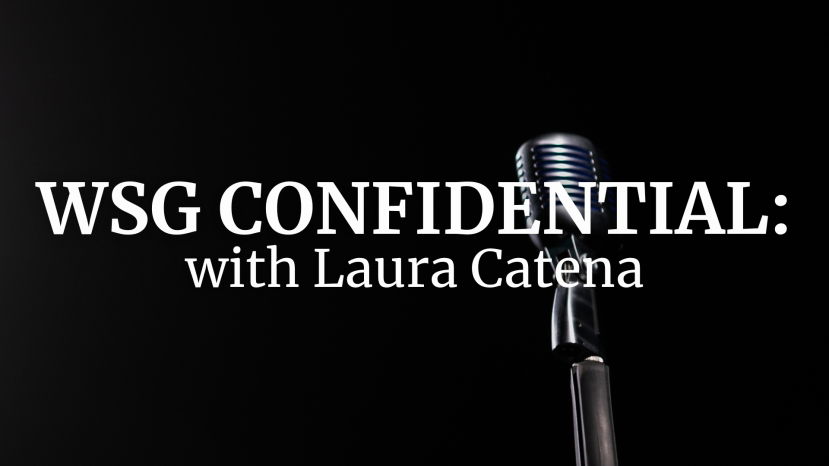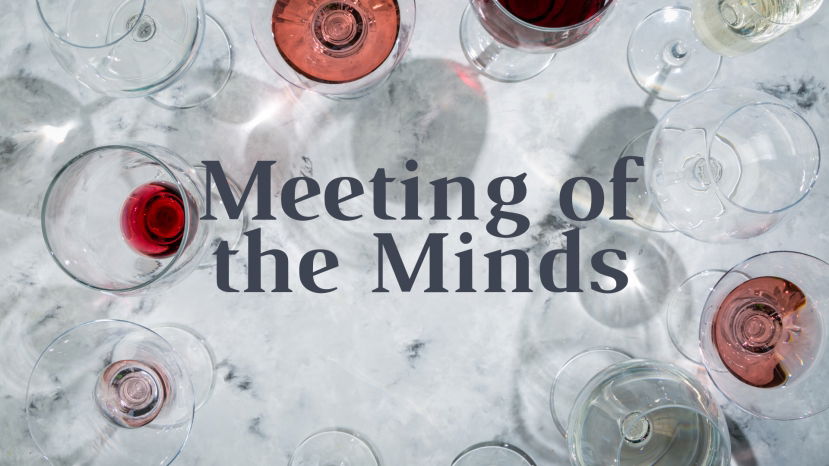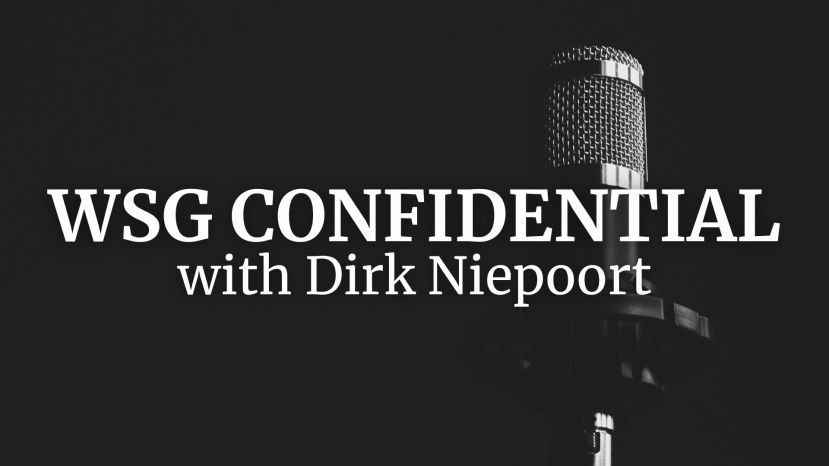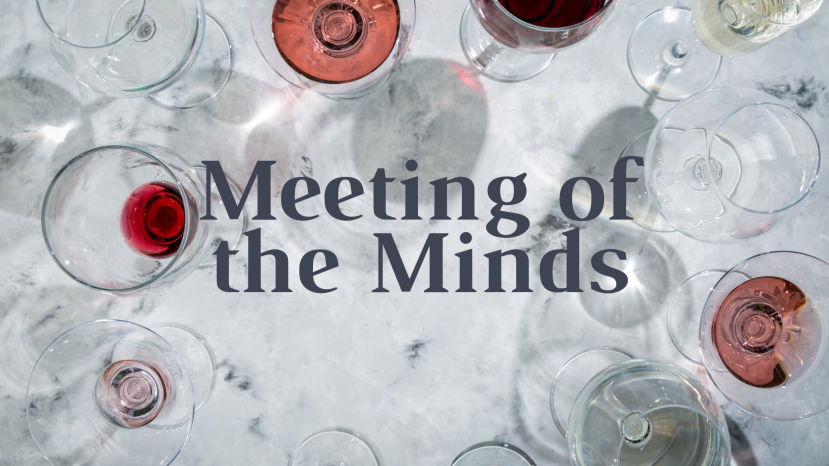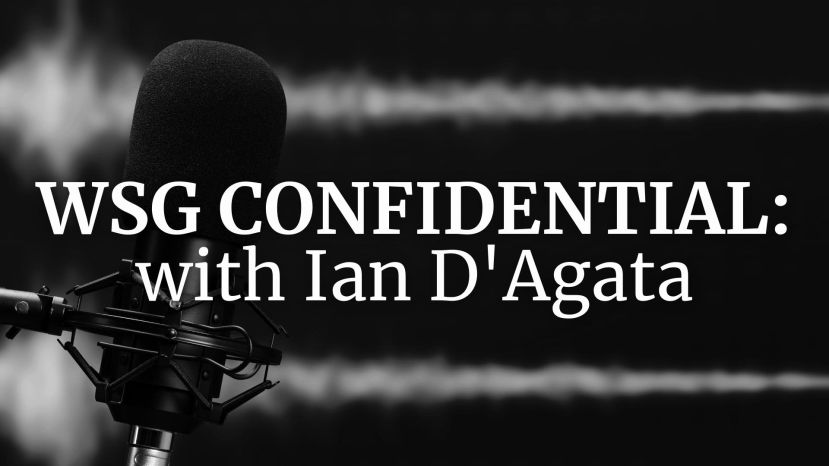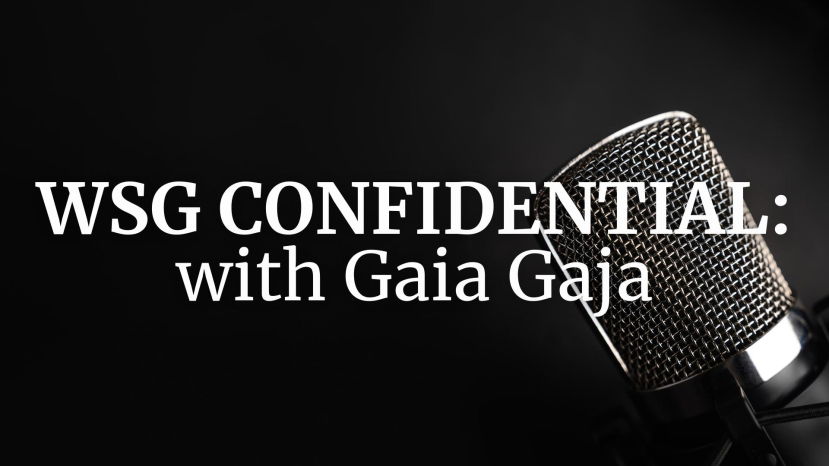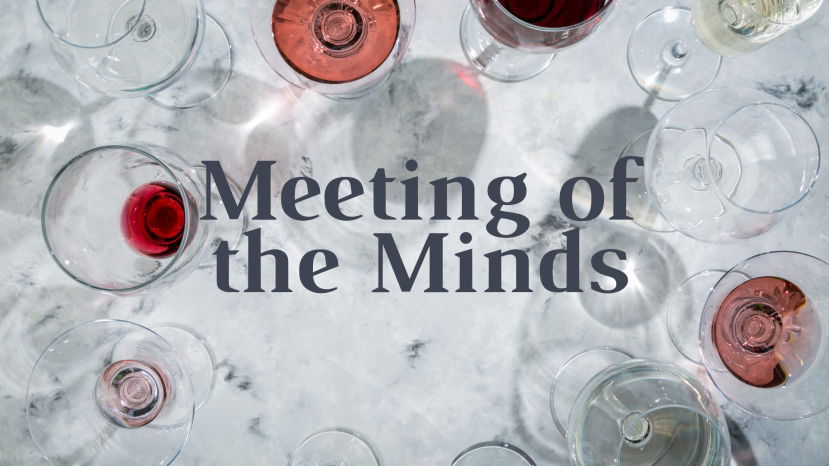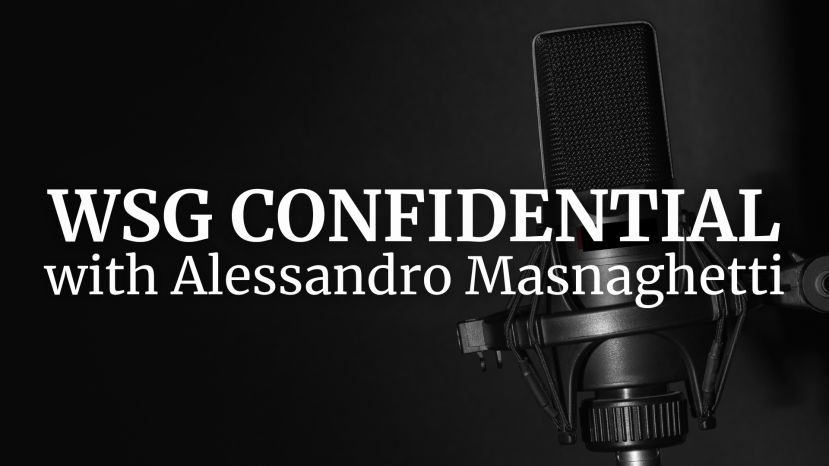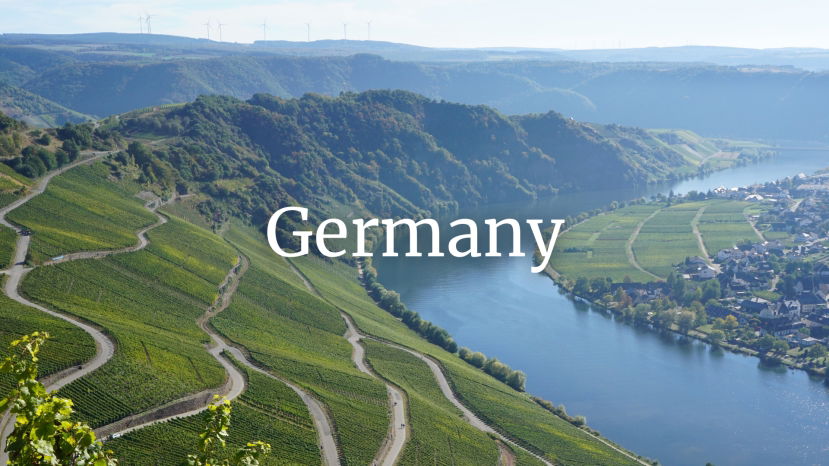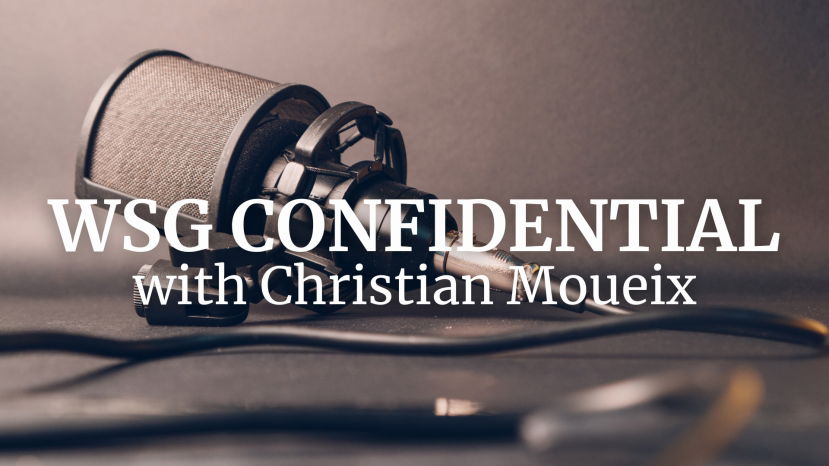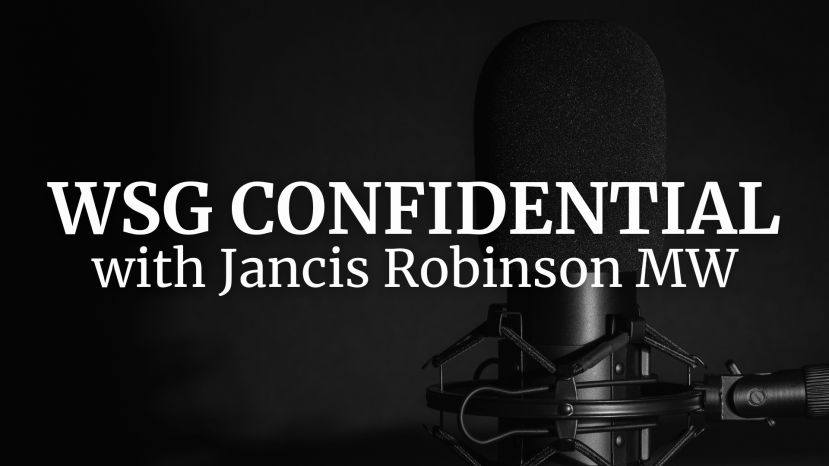
Tasting and Judging at the World's Biggest Wine Competition
Summary:
Today we get behind the scenes at the Decanter World Wine Awards. Over the last 21 years the DWWA has grown to become the world's largest and most influential wine competition. The 2024 contest was held in London in May, where 235 region-specific panels meticulously assessed a staggering 18,143 wines from every region across the globe. In this special event we are delighted to be joined by two of the esteemed panel chairs, Caro Maurer MW and James Tidwell MS, as well as Andrew Jefford, today wearing his hat as one of only five co-chairs of the DWWA competition.
The panel will discuss how the judging process works and what it takes to become one of the elite wines that wins a top accolade at the competition, as well as the incredible logistics involved in running it. With results being announced on June 19th - the day of this webinar, Caro, James and Andrew will also taste some medal winning wines live during the session, and explain what makes them stand apart from the pack.
You'll be able to see all the results when they come in on Decanter's award page here.
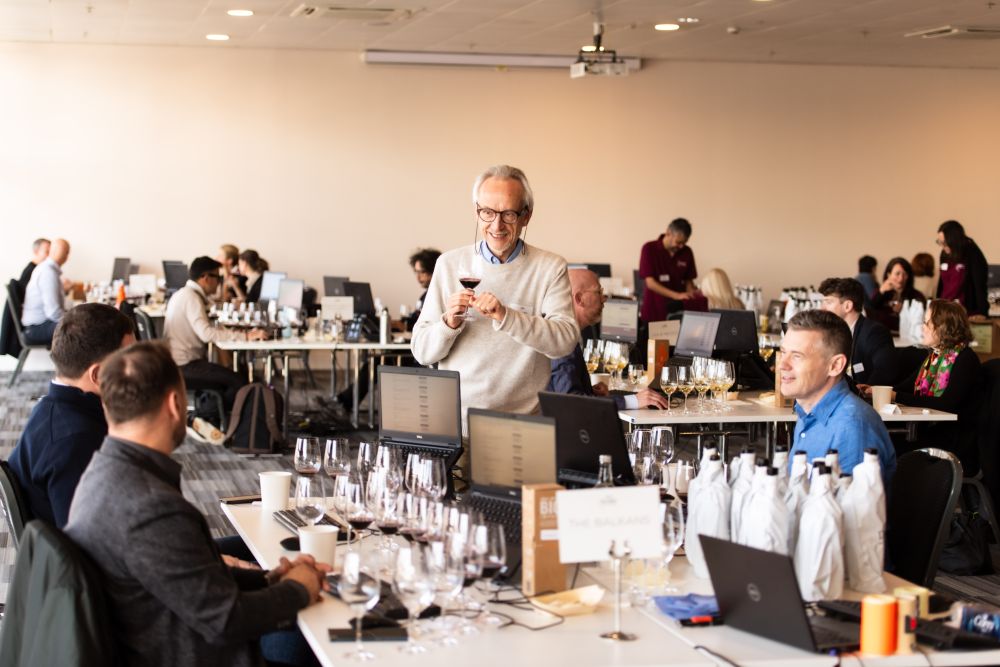
Credit: Nic Crilly-Hargrave / Decanter
About the speakers:
Andrew Jefford will be joined by:
Caro Maurer MW was the first woman from the German-speaking world to have become a Master of Wine, which she did in 2011. A career journalist who has served as a foreign correspondent in both New York and LA, Caro now reports exclusively on wine from Bonn in Germany and writes for many publications including Feinschmecker and Decanter. She teaches for the WSET diploma course in Germany, Austria, Italy and Norway as well as tutoring and mentoring the MWs of the future.
Caro is DWWA Regional Chair for the wines of the South & Eastern Mediterranean
James Tidwell MS is a writer, speaker, and educator. Tidwell founded and produces the TEXSOM Conference, a professional education conference for wine. He consulted on The World Atlas of Wine 8th edition as well as the Oxford Companion to Wine 5th edition, contributes to the annual Hugh Johnson Pocket Wine Book, and is an editorial committee member for the Classic Wine Library. His articles have been published in World of Fine Wine, Lonely Planet, and other outlets. For three years he published the annual digest TEXSOM Presents Sommelier. He was selected Rising Star Sommelier 2007 by StarChefs, nominated as WSET’s Outstanding Alumni 2017, nominated for the Person of the Year in Wine Enthusiast magazine’s Wine Star Awards 2019, and was named one of Wine Business Monthly’s Wine Business Leaders 2021. He passed the Master Sommelier Diploma examination in 2009.
James is the DWWA Regional Chair for USA & Central America
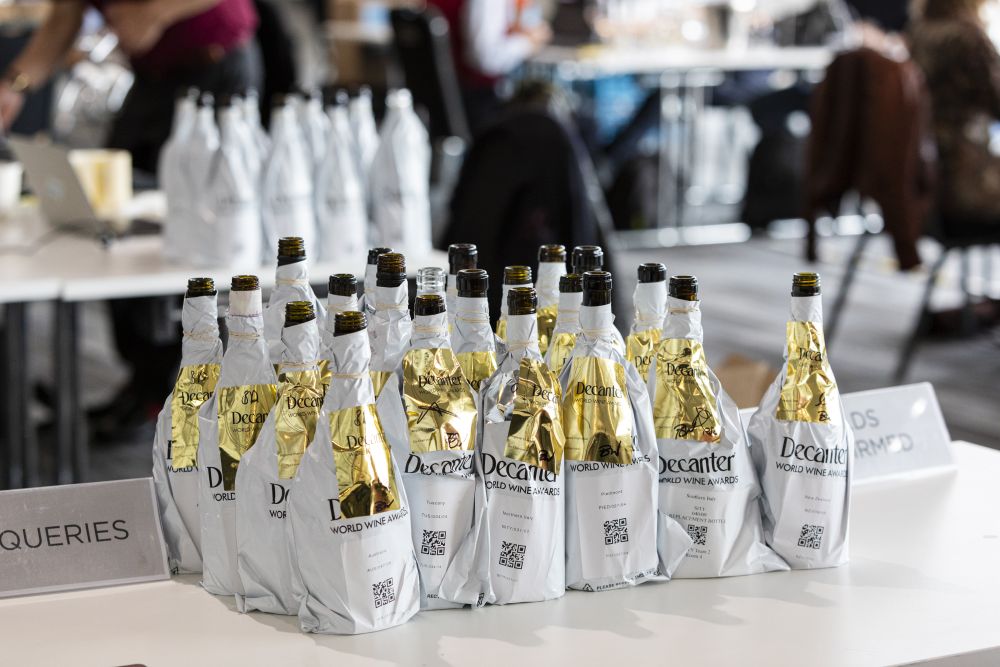 Credit: Ellen Richardson / Decanter
Credit: Ellen Richardson / Decanter
Timestamps:
The history of Decanter World Wine Awards (00:02)
Andrew Jefford provides an overview of the Decanter World Wine Awards history, from its founding to its growth and changes over the years.
The role of co-chairs and regional chairs (00:05)
Andrew Jefford discusses the significance of co-chairs and regional chairs in the Decanter World Wine Awards, emphasizing their importance in the competition.
Insights from regional chairs (00:07)
Caro Maurer and James share their experiences as regional chairs, discussing their judging experiences and the differences between Decanter World Wine Awards and other competitions.
Challenges and logistics of being a regional chair (00:10)
James Tidwell talks about the challenges of being a regional chair, including balancing personalities and ensuring efficient timing, and mentions the remarkable logistics of the competition.
Behind the scenes: the logistics of Decanter World Wine Awards (00:17)
Simon Wright, head of logistics at Decanter, explains the logistical challenges of the competition, focusing on the journey of the wine from the warehouse to the judging panel.
The warehouse process (00:20)
Detailed process of organizing and categorizing wines for the Decanter World Wine Awards.
Logistics of judging week (00:21)
Discussing the logistics of supporting the judging teams and the scale of the competition.
Waste and recycling efforts (00:23)
Efforts to recycle wine waste and reduce the competition's environmental footprint.
Judging process and principles (00:27)
Description of the three-stage judging process and the fundamental principles of the Decanter World Wine Awards.
Panel discussions and consensus (00:33)
Importance of panel discussions and reaching a consensus during the judging process.
Deciding on medal awards (00:36)
Challenges and process of deciding on gold, bronze, and no medal awards at the competition.
The flip side of wine judging (00:39)
Discussion on the challenges of judging wines, balancing critique and appreciation, and encouraging judges to speak up.
Exciting results of the Decanter World Wine Awards (00:40)
Highlights of the 2021 results, including France's success, Australia's performance, and surprising outcomes from Spain and Italy.
Discoveries from Italy and Greece (00:43)
Discussion on the discovery of wines from Lazio, Italy, and a platinum white wine from Santorini, Greece.
Tasting and description of a platinum wine (00:45)
Detailed tasting and description of a platinum wine from Santorini, Greece, including its characteristics and significance.
Tasting and description of a red wine (00:46)
Description and appreciation of a Dragon's Tooth red wine from Oak Knoll, Napa Valley, including its unique qualities.
Beaujolais cru in the top 50 best in show (00:48)
Excitement over the presence of two Beaujolais cru wines from the same domaine in the top 50 best in show.
Retsina's transformation and recognition (00:50)
Discussion about the evolution and recognition of retsina wine, highlighting its subtlety and barrel fermentation.
Recognition of wines from Turkey and Mexico (00:52)
Acknowledgment of the quality and potential of wines from Turkey and Mexico, including indigenous grape varieties and high-altitude regions.
Highlights from USA and Canada (00:53)
Exciting results, including a gold-winning rosé from Pennsylvania and recognition of wines from British Columbia and Nova Scotia.
Purpose and uniqueness of the Decanter World Wine Awards (00:56)
Discussion on the competition's focus on discovery, benchmarking aspiring wines from new regions, and its importance as an evaluation tool for consumers.
The importance of discussion in judging (00:59)
Judges discuss to reach the right answer, unlike other competitions that rely solely on mathematical computation.
Selection process for judges (01:00)
Anyone from the wine world can become a judge, including sommeliers, students, and winemakers, with a recommendation and relevant experience.
Familiarity with regions and wines (01:02)
Judges are preferred to be familiar with the regions they are judging, but expertise is not mandatory for newer judges.
Information provided to judges (01:03)
Judges are given the country, region, grape varieties, appellation, vintage, and price range, but not producer names.
Judging based on price and value (01:04)
Judges consider the price range, but high price doesn't penalize a wine, and value wines are examined more closely.
Avoiding palate fatigue (01:06)
Judges typically taste around 80 wines per day and are trained for it, with breaks between flights to keep the palate fresh.
